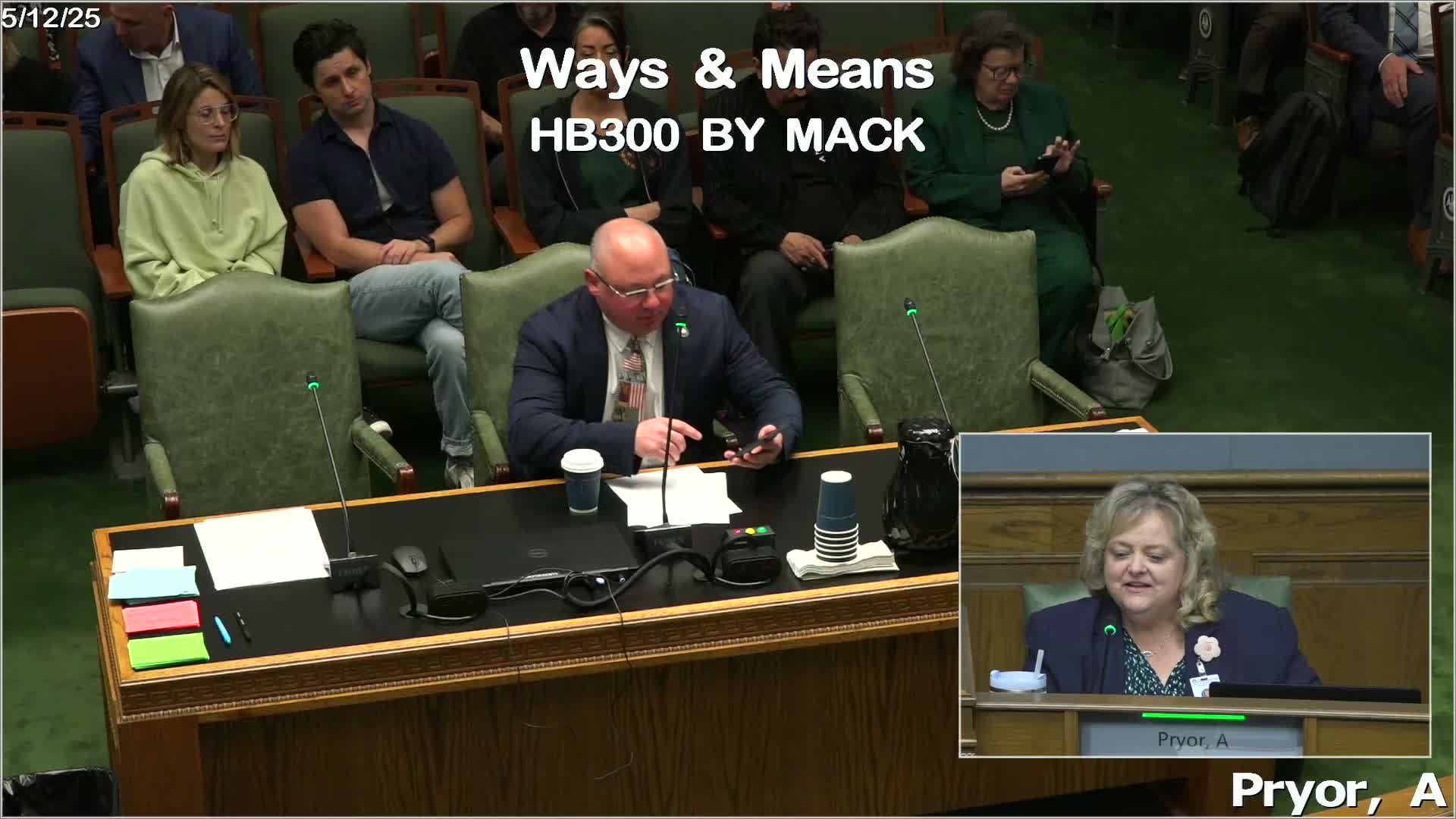Article not found
This article is no longer available. But don't worry—we've gathered other articles that discuss the same topic.
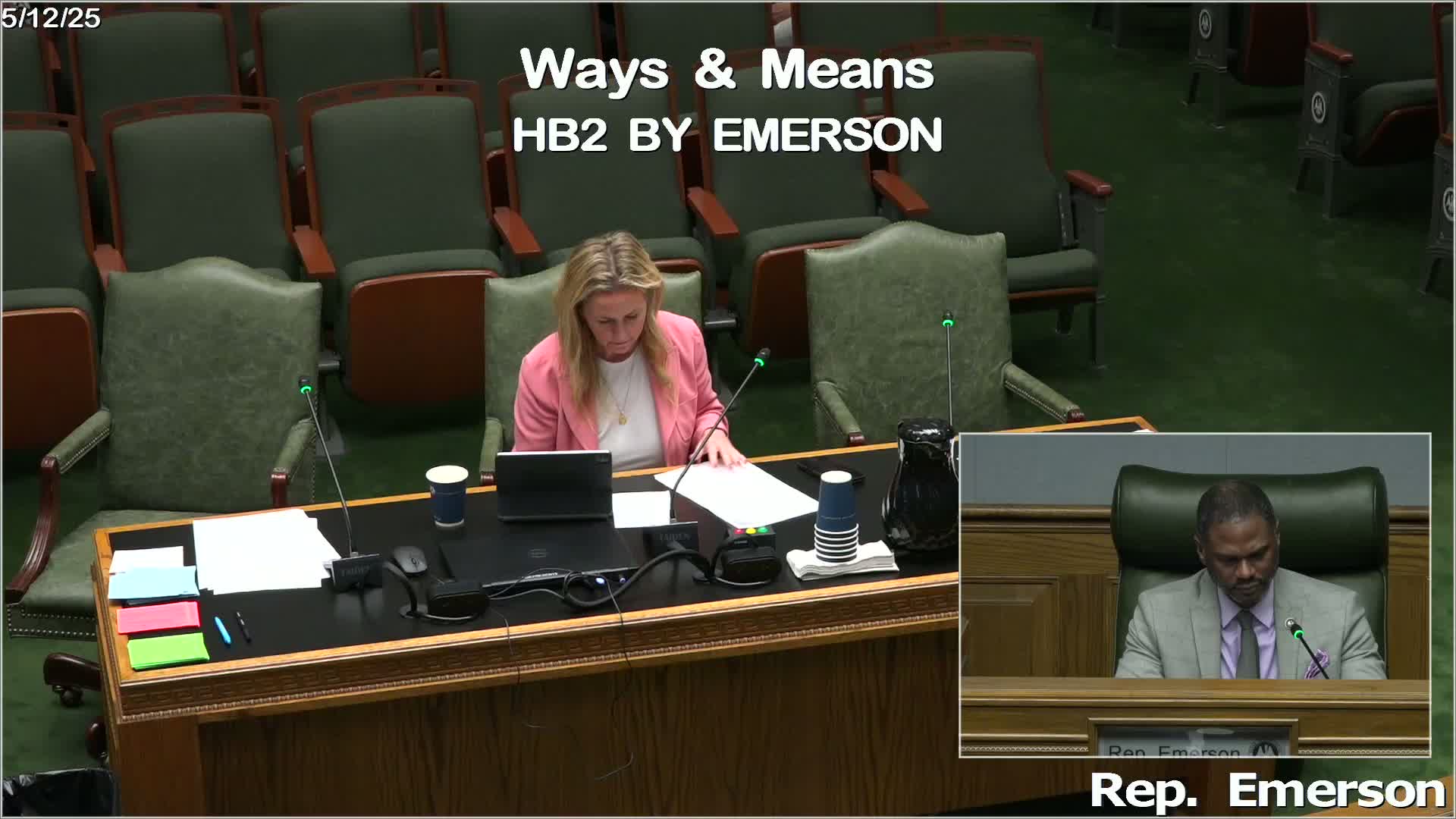
Committee adopts capital budget and omnibus bonding measures and forwards both bills
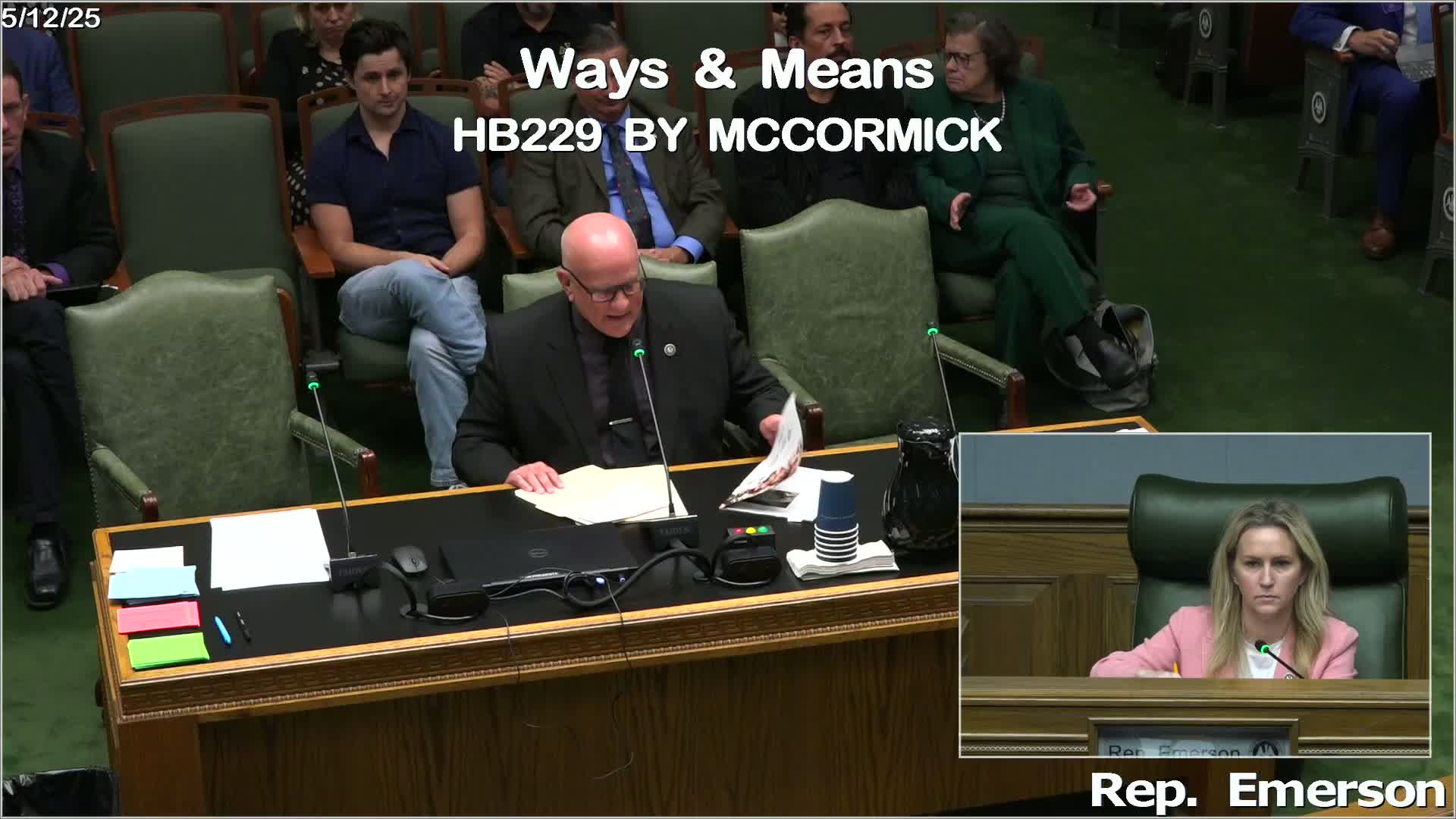
Sponsor seeks repeal of motion picture tax credit; film industry warns of economic loss
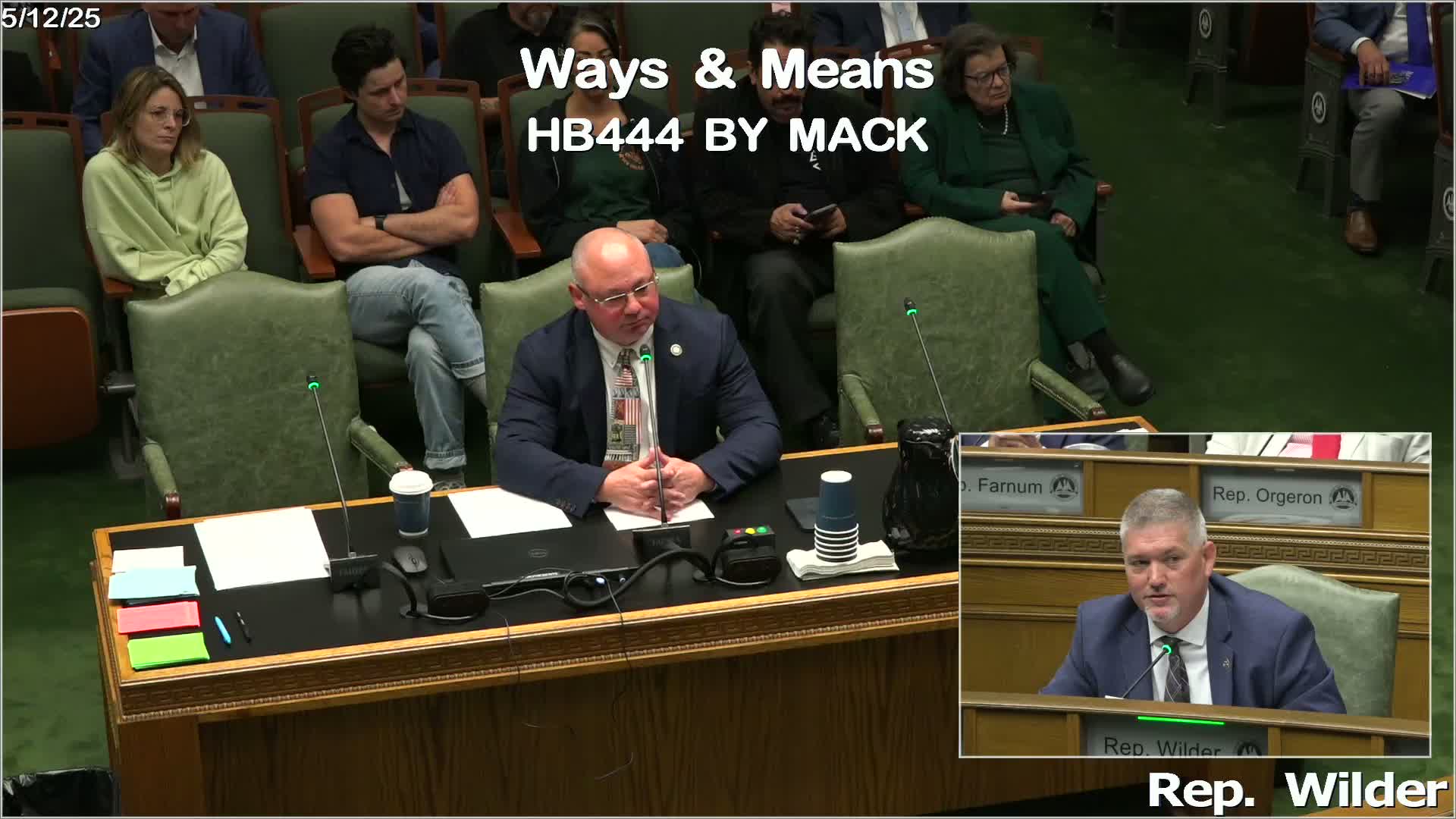
Local officials oppose bill to exempt groceries from local sales tax, citing large fiscal shortfall
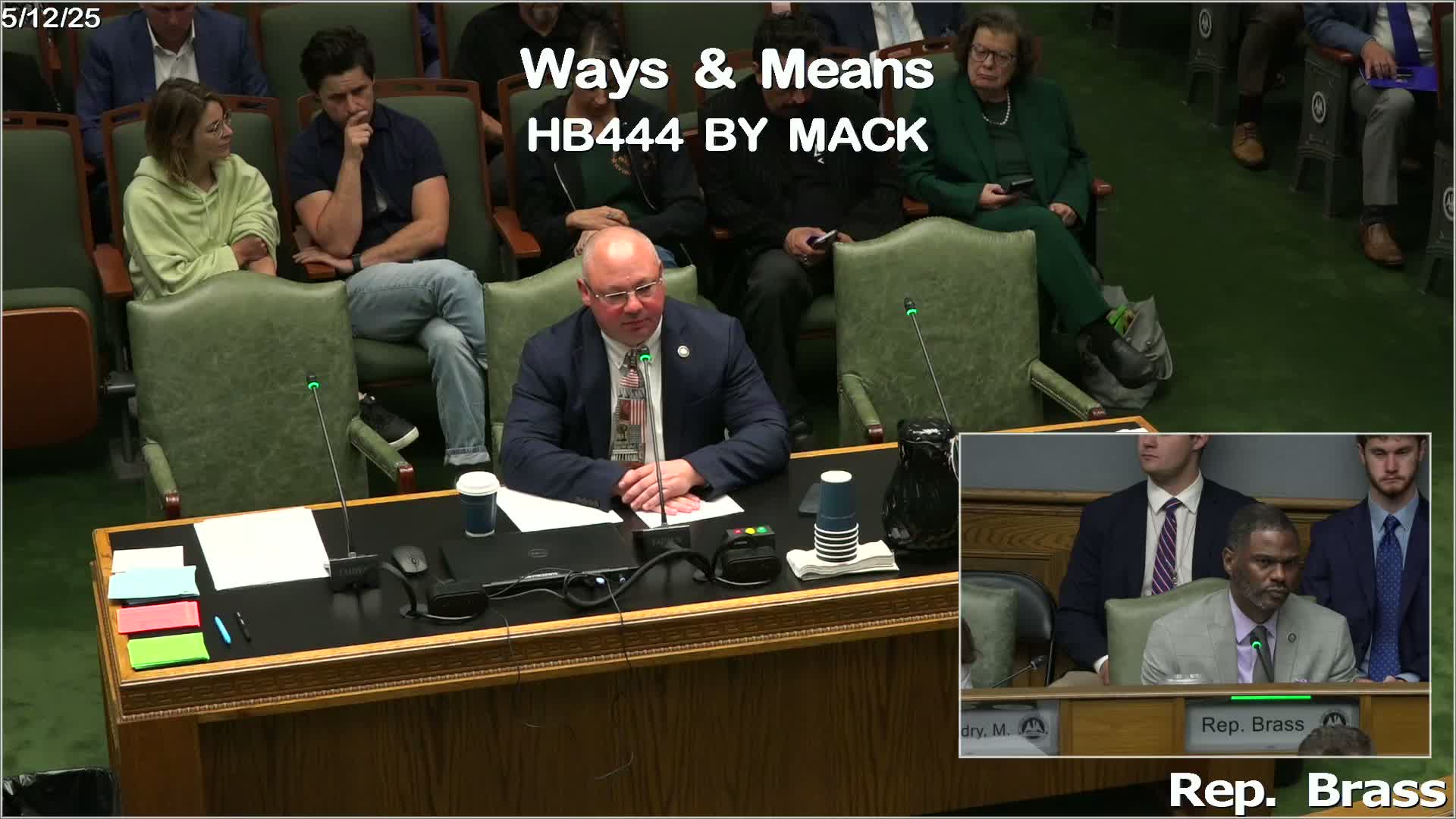
Committee approves creation of Fortify Coastal Homes Fund to use post‑storm sales tax revenue
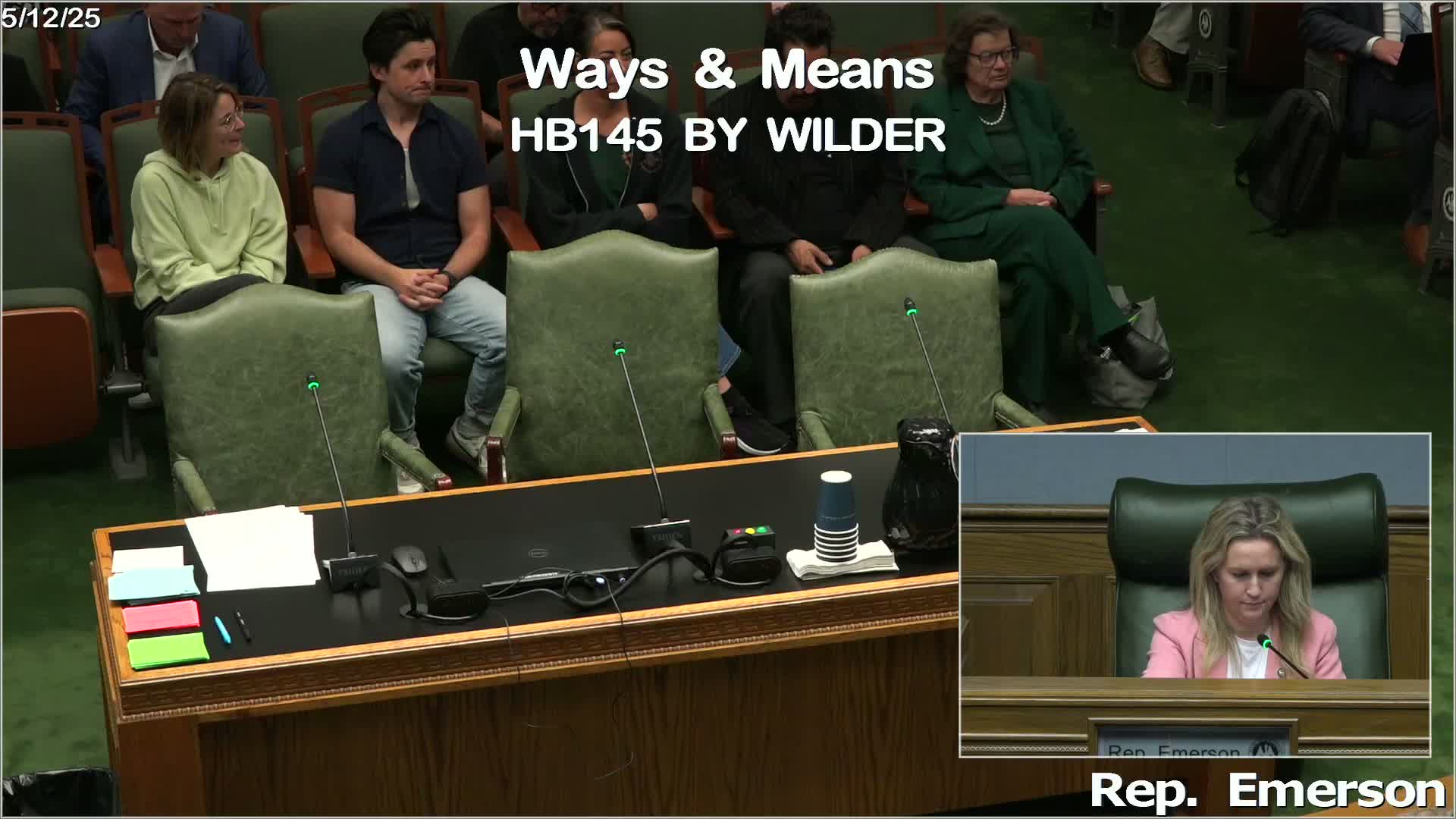
Committee votes to double fortified‑roof retrofitting deduction to $10,000

Committee advances bill allowing tax‑deductible deductible savings accounts for insurance deductibles
